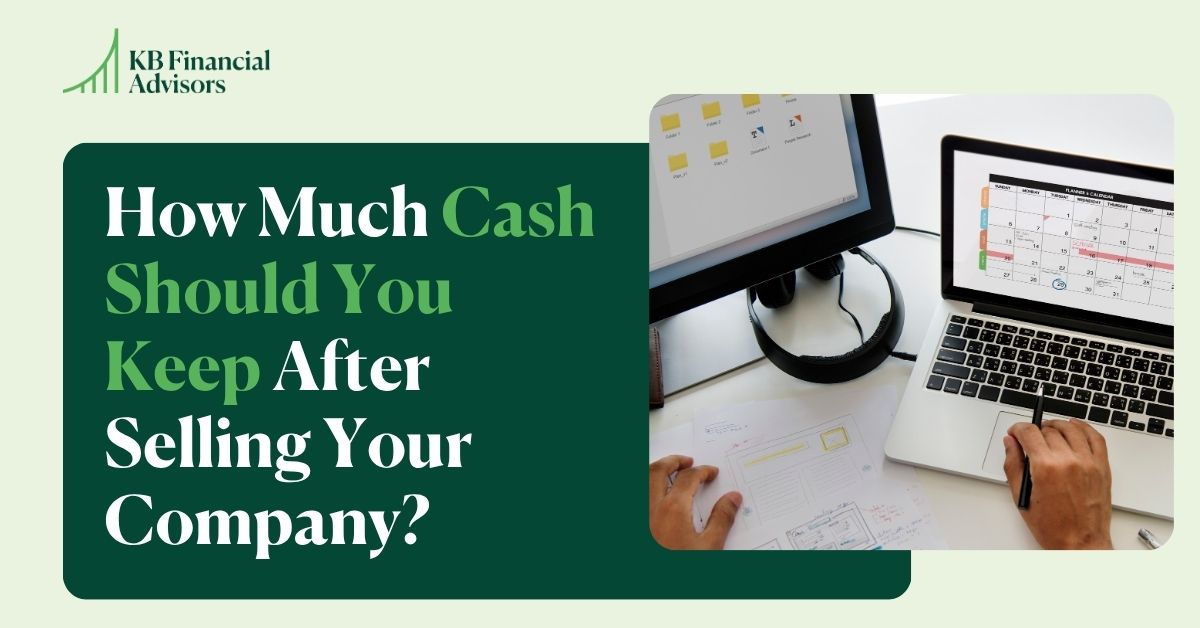Back in November of 2017, we kept a close eye on some high-profile tender offers — and we predicted we’d see more companies use this approach rather than going straight for an IPO.
If you’ve tuned into the tech scene’s recent news, you’ll likely agree that this is in fact what’s happening.
We’ve seen it with Credit Karma, as buyout firm Silver Lake recently acquired a $500 million dollar stake in the company (although the company hasn’t ruled out a potential future public offering just yet).
We’ve also seen Uber go through a second tender offer, giving employees another chance to sell shares to increase their personal wealth.
Beyond what anyone can track in the news, we can also tell this shift is happening thanks to the tech employees we help every week. We’ve been contacted by tech workers at various other companies who believe they might be about to see their own tender offers.
In these cases, we’ve heard from employees who shared about the fact that their company asked them if they were accredited without mentioning a tender offer or secondary offering.
We’ve also heard about companies that have revealed a secondary offering for employees privately, but have not announced it publicly.
If you work in tech, this is a good sign that you at least need to educate yourself on tender offers and prepare for the possibility of these opportunities coming your way at some point in the future.

Quick Recap: Understanding Tender Offers
We’ve written about tender offers before, and you can check out those posts for a deep dive into the subject. But to quickly recap, here are some basics to know:
What is a tender offer?
A tender offer is when an investor makes a proposal to buy shares from existing shareholders of a company, usually at a higher price than what the shares are worth at the time of the proposal.
What do employees stand to gain?
It varies from company to company and offer to offer, but you can take the example of Uber here: during their first tender offer, eligible employees with stock options were able to sell up to 50 percent of their holdings.
How can I prep for a tender offer?
We suggest staying on top of the news (and this might be the only time we give this particular piece of advice!) as being informed about the latest movements with the offer will help keep you ahead of the game.
Then, call your financial planner. They can help you get organized and ready to act when the time is right. They can also help you evaluate the potential tax ramifications of actions you’re considering, so you don’t make a misstep and land yourself with a massive tax bill.
The First and Now Second Tender Offers at Uber
Last November, we told you everything we knew about the first tender offer from Uber to their employees. The company recently completed round two, and this offer is slightly different.
For one, employees are dealing with higher prices with stock sitting at $40 per share. Uber is also giving first preference to current employees this time around.
This is because Uber’s first tender offer was oversubscribed. That left everyone involved — from current employees and executives to former employees and others — in a position where most people sold less than they wanted.
With the second offer, employees now get another chance to transform their shares into wealth.
What Uber’s Tender Offers Can Teach Us
You can learn a lot by looking at both the first and second tender offers from Uber. You can also learn a lot from our experience in advising some of those Uber employees.
The most important thing you can learn and apply to your own tender offer? Don’t try to predict the future.
Six weeks ago, my middle child brought home the common cold. Now, I’ve had the pleasure of dealing with my own nasty cold for four weeks.
And of course, earlier this week, our oldest child just started coughing. So right now if you ask me to think about our future, I see a never ending line of coughs, colds, and sniffles.
Will it ever end?
Logically, the answer is of course. But emotionally (and sometimes physically with every additional sneeze), I feel like the answer is no.
Uber experienced something similar with their first tender offer. It followed a year of bad news for Uber, and years of pent-up desire on the part of employees to cash in on their shares.
Everyone wanted to sell, which led to the deal being oversubscribed.
But for the second Uber tender offer, the company’s leadership seems to be back on the right track. The news is better, the price is higher, and the overall stock market keeps going up. We know the company is targeting an IPO next year — and did I mention the price is higher now?
All these things change the expectation this time around. It’s human nature: your outlook on the future becomes brighter when the present looks good, thanks to recency bias. That, in turn, influences your decision making.
In relation to the second tender offer, we saw many people who used to be happy to sell at $32 feel reluctant to sell at $40. They’re convinced that next year, they could sell at $80.
If this describes your thinking, this is a huge red flag. Here’s an easy rule to follow:
If you would have have happily sold at today’s price last year, then you should SELL today.
Quick Reminder: Price Should Be the Ultimate Determining Factor, Not Taxes
To help you stay on the right track and act rationally rather than emotionally around your own tender offer, your game plan is simple.
Pick a price at which you would be happy to sell. Then sell when you get that price. That’s it.
This is more important than worrying about the taxes on the price. Taxes are always a fraction of the value. They may be 25% or 35% or more, but they’re never 100%.
That means there’s never a point in time where it is not to your advantage to sell. Selling always leads to you having more cash than you did before.
Taxes are details and they are important — but they don’t determine when you sell. Taxes determine how you sell.
When it comes to timing, price is more important.
Bottom Line: You Need to Get Your Stuff Together
The biggest takeaway you can get from Uber’s tender offers — and offers from other companies? The time to act is now, and the first step is to get organized.
Disorganization makes you vulnerable to a number of mistakes that, if you make them, will seriously hamstring your ability to grow wealth over time. Avoid these at all costs, especially when the solution for doing so is so simple: just get organized.
We say this a lot here, and it’s for good reason. It’s really tough to act from a place where you’re both disorganized and uninformed. That can lead you to make rash, emotional decisions and it leaves the door wide open for big (and costly) mistakes.
Even if your company isn’t talking about a tender offer now, we know these are increasing in the tech industry and more and more startup tech companies are exploring this option before (or instead of) an IPO.
If you can prepare now, you can be ready to act if and when you need to. Building your financial foundation and base of knowledge now means you can act with confidence, and know when to sell and how to use that money after.



